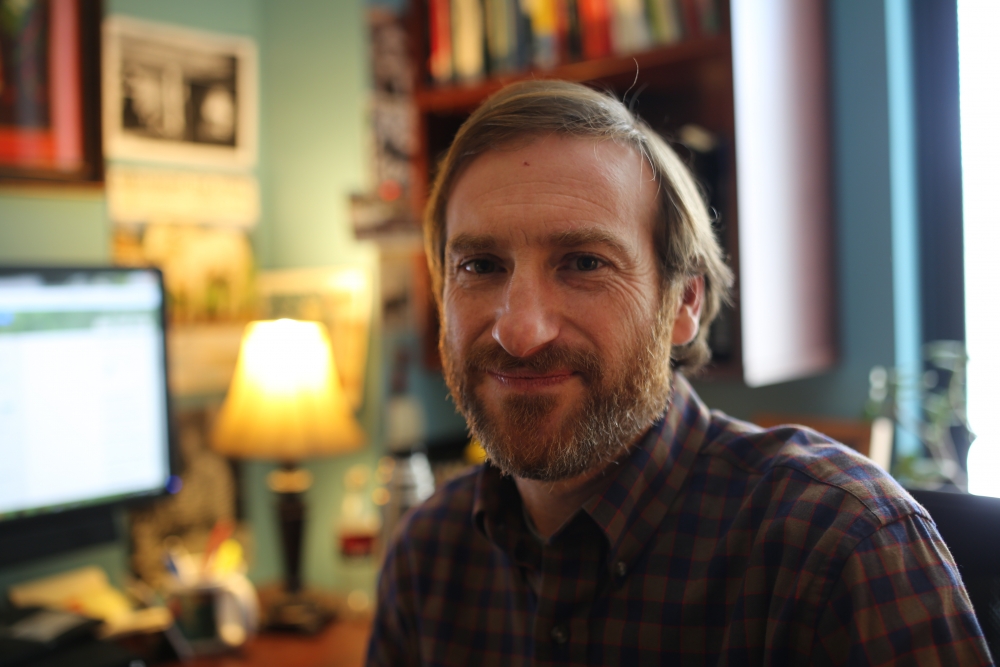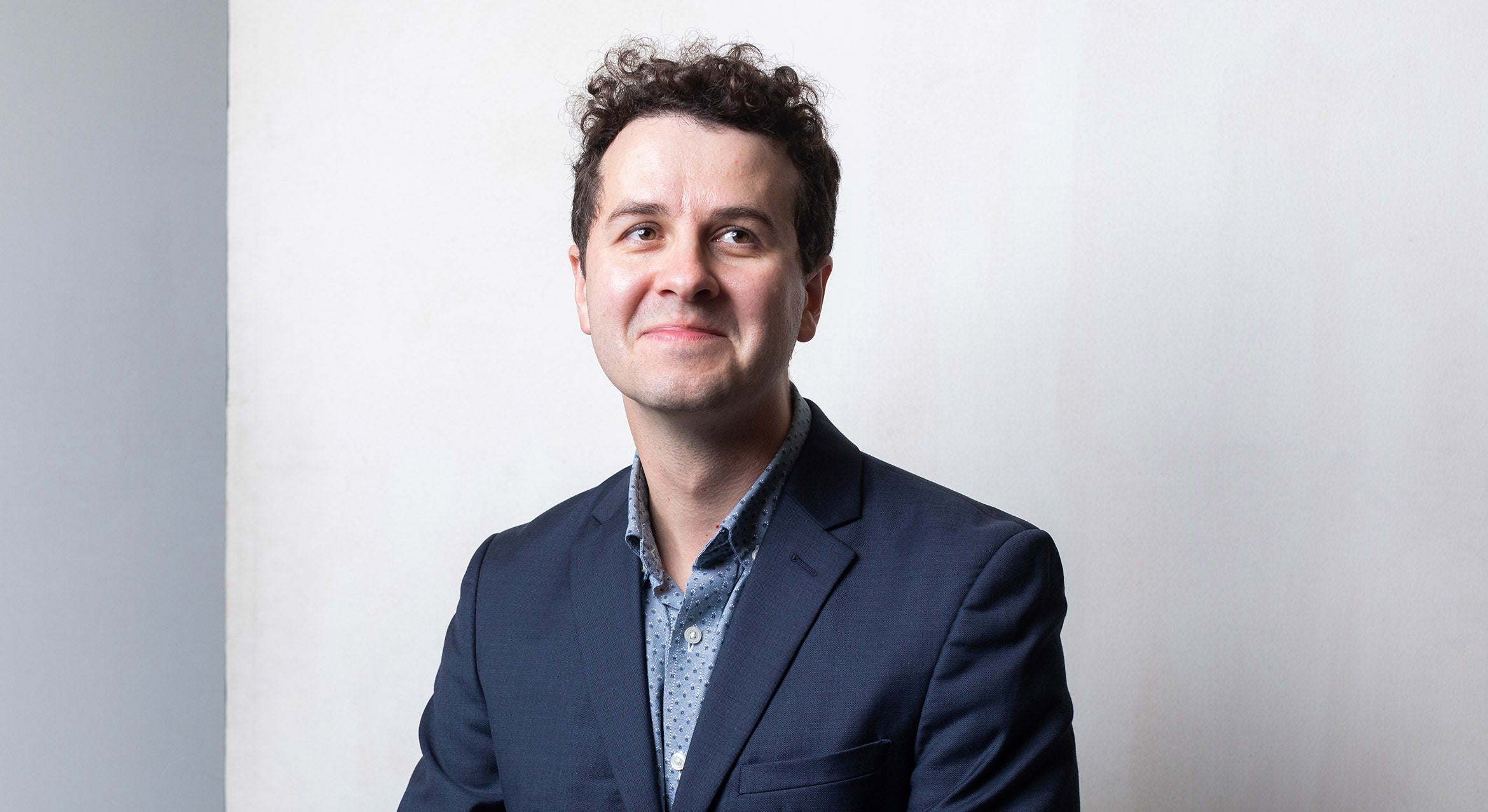
Casey Walsh: Global Citizen
Casey Walsh, associate professor of anthropology, has received the prestigious Paul Farmer Global Citizenship Award from the Center for a Public Anthropology.
Named for one of the leading medical anthropologists of the 21st century, the award recognizes Walsh’s exceptionally effective participation in Public Anthropology’s Community Action Online Project, as well as his wider activities in the public sphere. The award is presented to a limited number of scholars — fewer than 1 percent of faculty members teaching anthropology courses across North America receive the award.
“Professor Walsh is to be commended for how he takes classroom knowledge and applies it to real world challenges, thereby encouraging students to be responsible global citizens,” said center director Robert Borofsky. “In actively addressing important ethical concerns within anthropology, Professor Walsh is providing students with the thinking and writing skills needed for active citizenship.”
The Center for a Public Anthropology is a nonprofit organization that fosters social accountability in higher education and encourages scholars and their students to address public problems through public means.
“Citizenship skills are developed in two exercises in the Anthropology 2 course,” said Walsh. “First, each student writes an ethnographic paper based in their own original field research about the way the economy is experienced unequally by different groups of people in our society. Second, the students are asked to take a position on an ethical issue in anthropology — in this case the balance between freedom and oversight in research — and write an op-ed article explaining that position. I am always impressed by the quality of the work done by these UCSB undergraduates, and heartened to think that they may be guided by principles of responsibility, diversity and justice they pondered in this course.”



